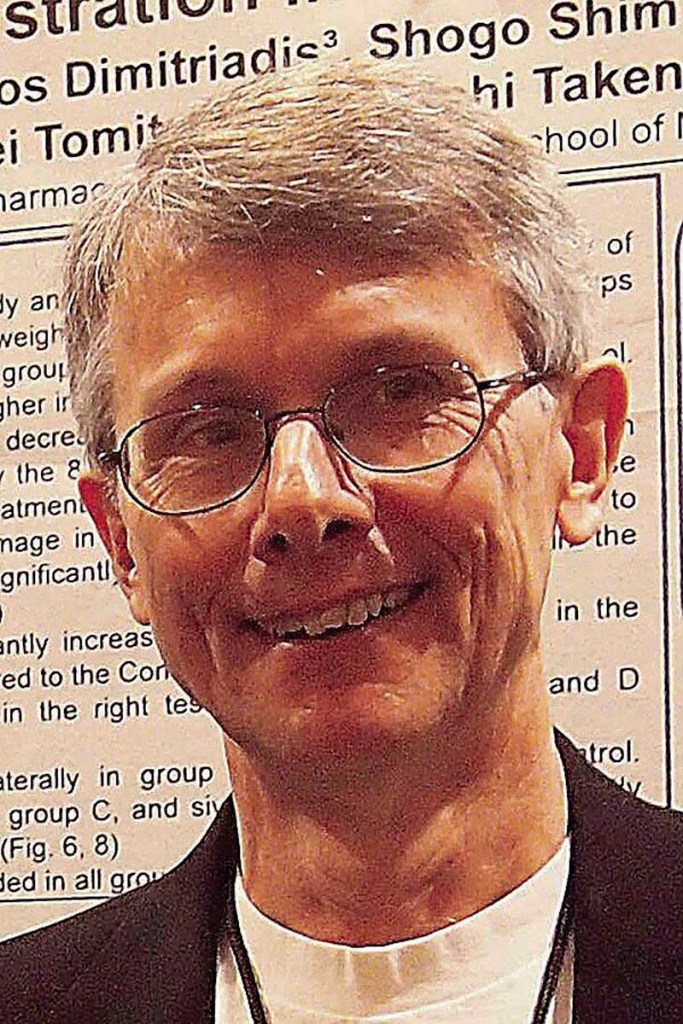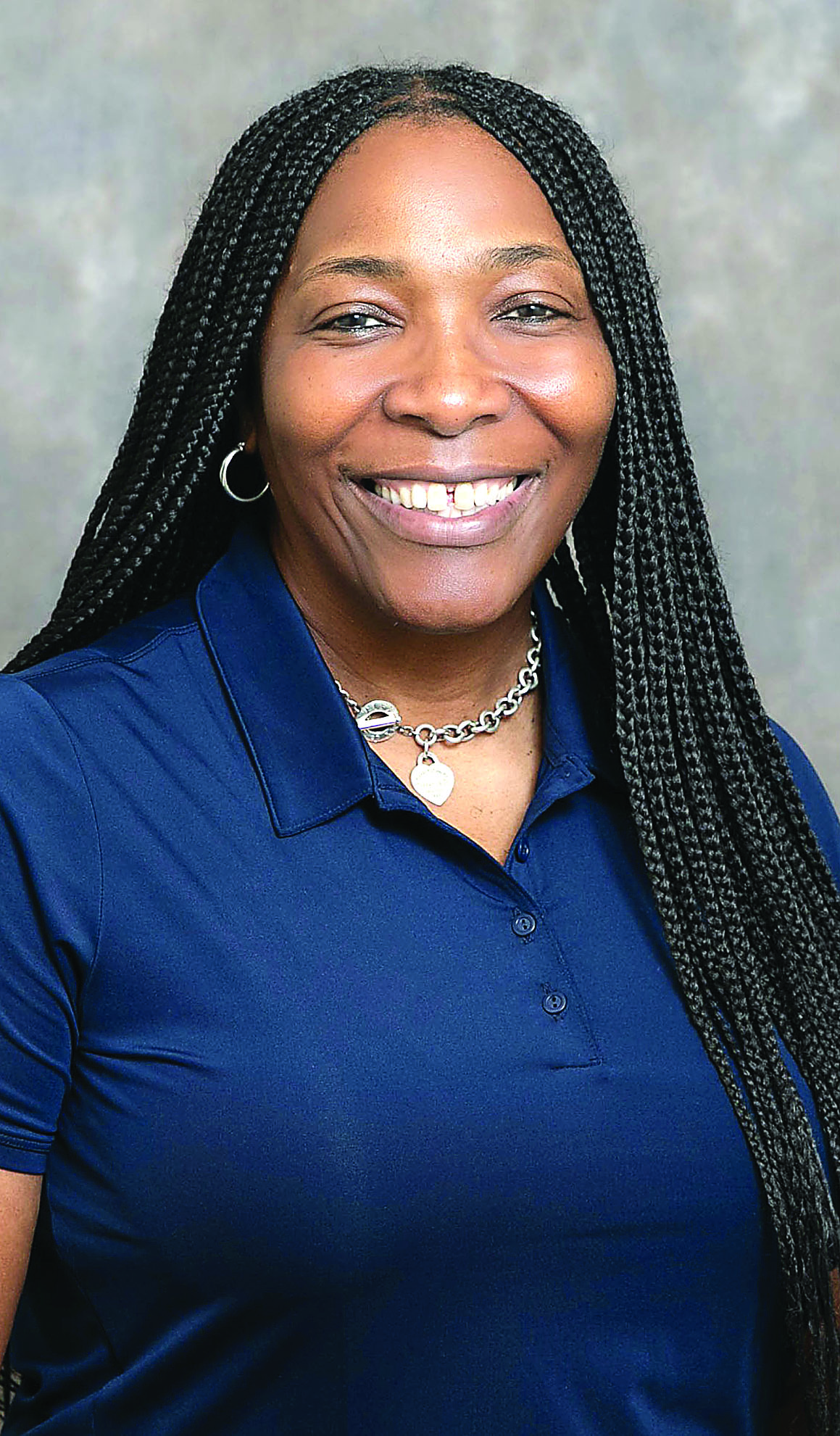TERRY TURNER: The Sacred Trust
Published 3:02 pm Monday, November 28, 2022

- Terry Turner, a resident of Colquitt County, is professor emeritus of urology at the University of Virginia as well as author of books based on his experiences as an infantry officer in Vietnam.
Five centuries before Christ, the Greek city-states began governing through direct democracy. In that, individual citizens participate in establishing law by voting in their own assemblies. The Romans later developed indirect democracy, the kind where elected representatives decide law and policy in place of the people. More than a thousand years later, English towns and villages began sending representatives to councils that would evolve to become the British Parliament. Even as it existed in the 1700s, that parliament was an important model for the idea of representative democracy as it developed in America.
An important aspect of that new democracy was that it would not be limited by the power of a king or even an aristocracy. It would be developed through intentioned debate among citizen leaders considering the experiences of western civilization for the two thousand years preceding them. Those debates resulted in the details of a democracy uniquely American, details like how the people would be represented, how the separate states would be represented, and how the country’s principal executive officers would be elected. All of that was placed in a written constitution that any citizen could read and make themselves aware of. No country had ever done that. Ever. The reasons lie deep within the European experience.
Starting in Rome, Europe had slowly Christianized through the first millennium A. D. The leader of the Roman church, the Bishop of Rome, eventually became the supreme spiritual leader or Pope and held significant political power. A tradition developed saying that kings ruled legitimately only with the spiritual approval of the Pope, an approval that made the king God’s man. He ruled by divine right and was God’s decision maker. The people had no voice.
Protestant religious reformers and political philosophers like John Locke and Jacques Rousseau challenged this standard. They insisted on the importance of individual choice and on every citizen’s agency in deciding what was best for them. They believed God’s will would best be expressed through the voice of the people, not the voice of a king. This became a powerful idea in England’s American colonies. The frontier environment had always inspired individual thought and action, which made those colonies a natural home for political ideas giving voice to the people. As a result, an individual’s right to vote and the electoral process supporting that vote became enshrined as virtually a sacred trust in the Constitution of the United States. That Constitution has endured, but what of the sacred trust?
On the one hand, many citizens now seem to think the vote is a bothersome strain rather than a granted duty. They want weeks, not days, to get around to it; they want relaxed security measures because they can’t be bothered to get an official identification document; and they expect conveniences made so they don’t have to bother going to a polling place. What happened to obligation? What happened to their understanding of sacred trust?
At the same time, other citizens seem intent on destroying the electoral process. Threats to election officials, interdiction of the process by politicized “watchers,” and baseless claims of fraud and incompetence are all promoted by those who want to weaken faith in election results. In that, they want to weaken elections and, in that, they want to weaken democracy. What happened to their understanding of sacred trust?
All this has led to a confidence problem to which both sides of our political spectrum have contributed. It is time we all remember the responsibilities, even the demands of the sacred trust and not only participate in elections, but decry false claims of their corruption.





